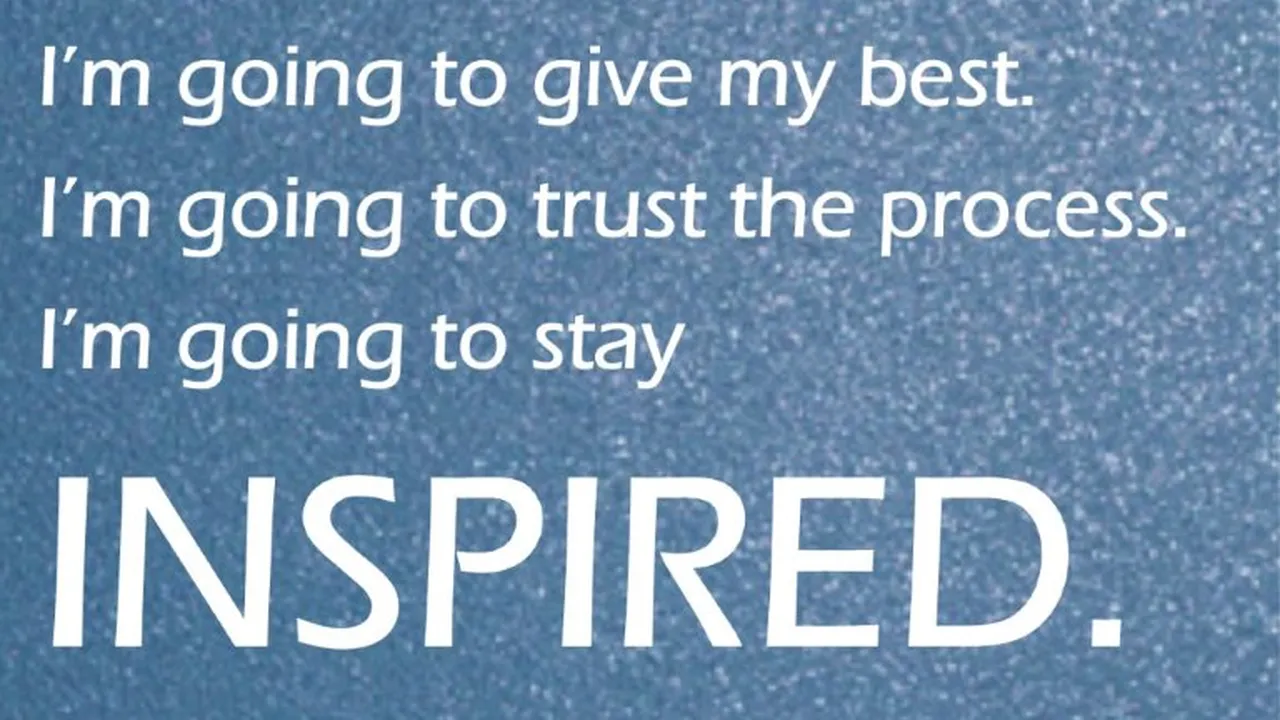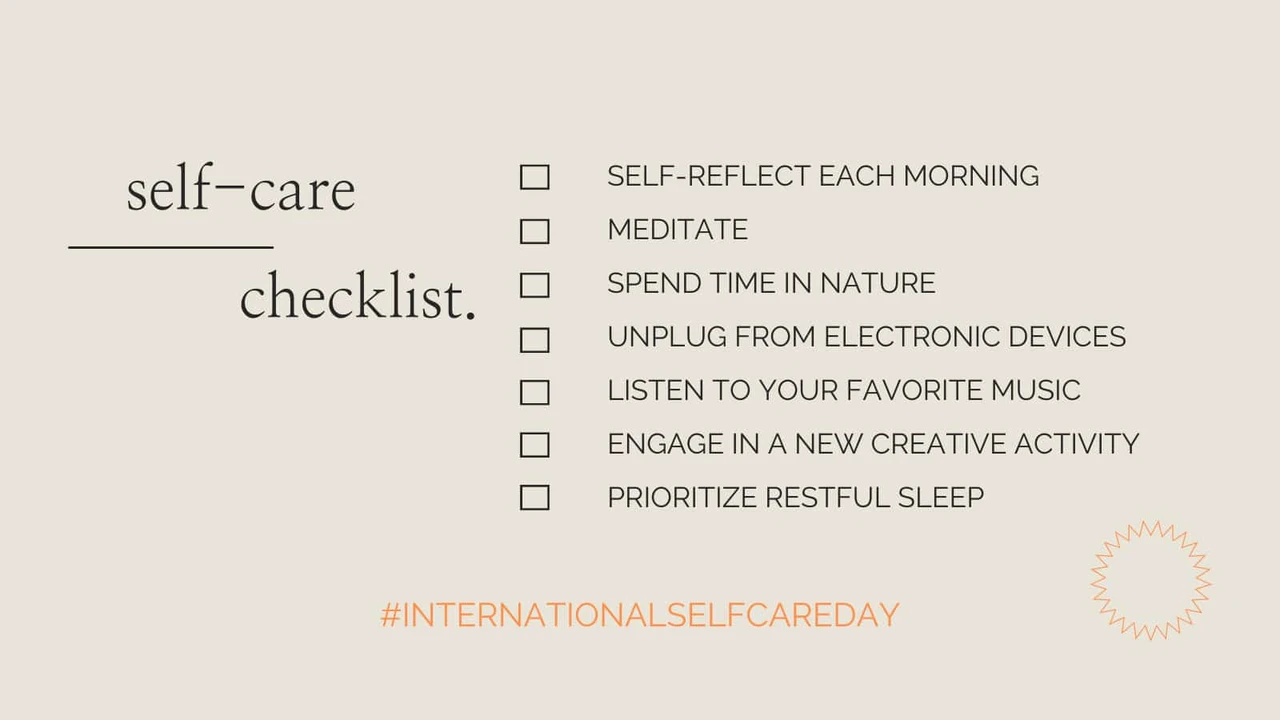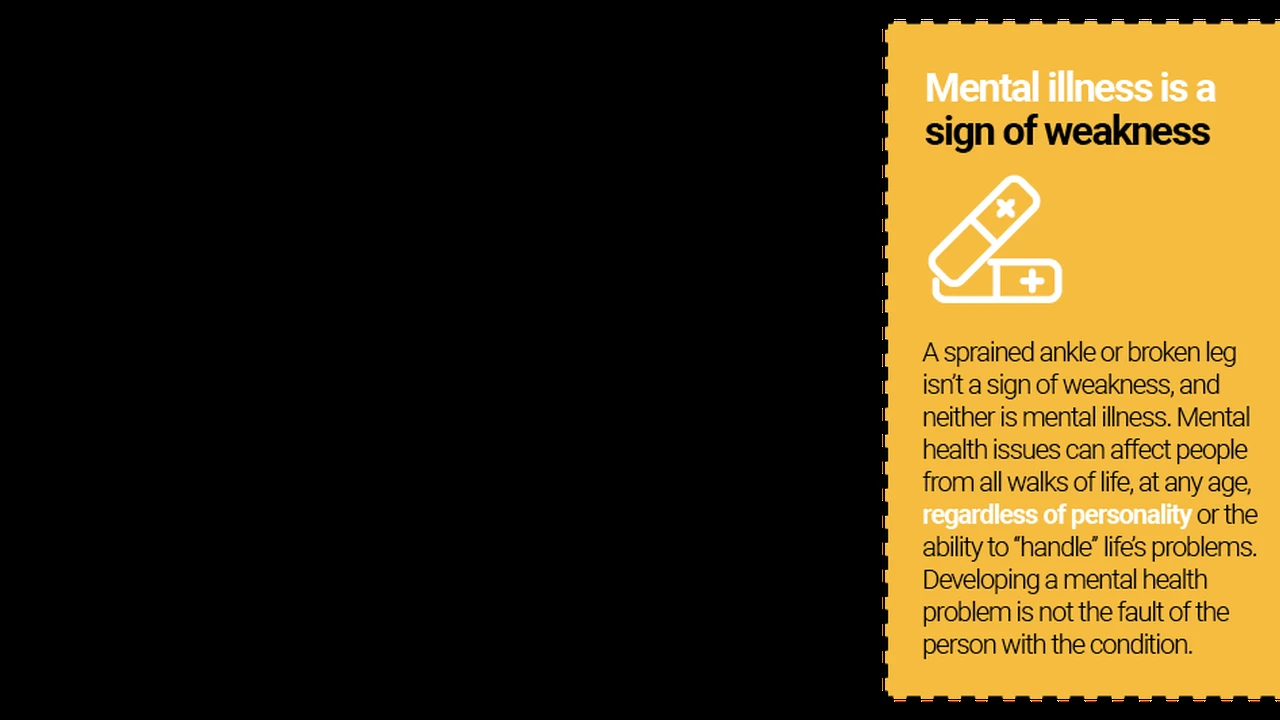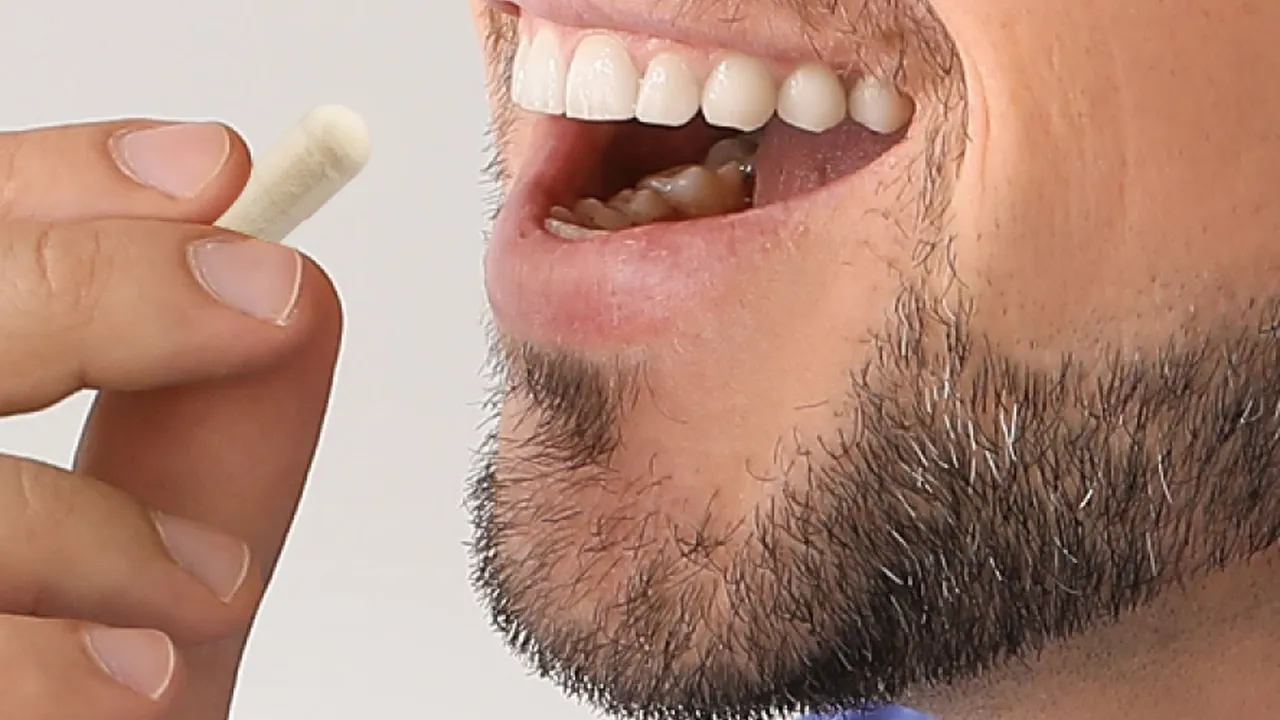The Importance of Protein for Weight Loss and Muscle Gain
Sample meta description.
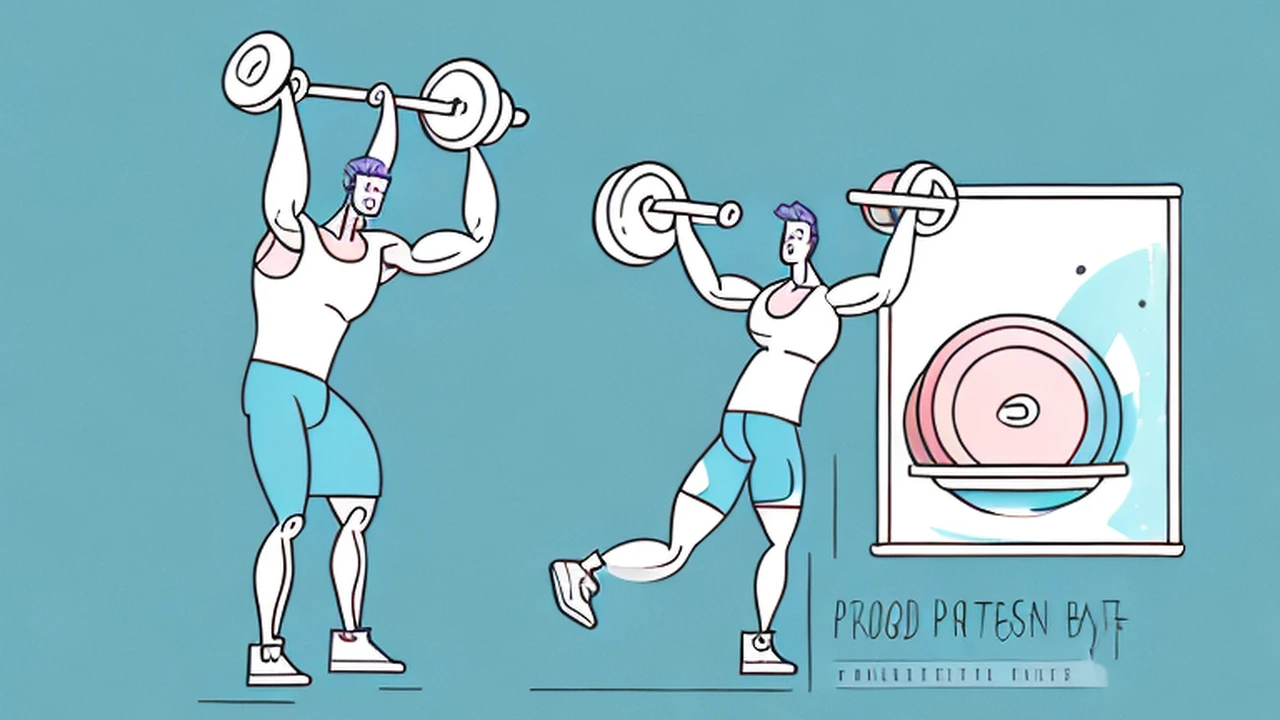
Protein and Weight Loss A Winning Combination
Okay, so you're on a mission to shed some pounds and maybe even sculpt some muscles. Awesome! But let's talk about something absolutely crucial: protein. Seriously, it's not just for bodybuilders anymore. Protein is a total game-changer when it comes to weight loss and building that lean physique you're after. Why? Let's break it down.
First off, protein keeps you full. Like, really full. Think about it: a sugary donut versus a chicken breast. Which one keeps you satisfied for longer? Protein slows down digestion, meaning you'll feel fuller for hours after eating it. This helps you naturally eat less throughout the day, which is a huge win for weight loss. Plus, it helps curb those cravings for unhealthy snacks. No more afternoon vending machine raids!
Secondly, protein boosts your metabolism. Your body actually burns more calories digesting protein than it does carbs or fats. This is called the thermic effect of food (TEF). So, by incorporating more protein into your diet, you're giving your metabolism a little kickstart. Think of it as a mini workout, just from eating!
And lastly, protein helps you preserve muscle mass during weight loss. When you're cutting calories, your body can sometimes start breaking down muscle for energy. Not good! Muscle is metabolically active, meaning it burns calories even when you're at rest. By eating enough protein, you're telling your body to hold onto that precious muscle, which helps you burn more calories overall and achieve a leaner physique. It's a total win-win.
Choosing the Right Protein Sources for Optimal Results
Alright, so you're convinced about the power of protein. Great! But not all protein sources are created equal. You want to choose lean, high-quality options that will fuel your body and support your weight loss goals. Here are a few top contenders:
- Lean meats: Chicken breast, turkey breast, lean beef cuts (like sirloin or flank steak) are all excellent choices. They're packed with protein and relatively low in fat.
- Fish: Salmon, tuna, cod, and other fish are not only great sources of protein but also rich in omega-3 fatty acids, which are beneficial for overall health.
- Eggs: A complete protein source, eggs are incredibly versatile and affordable. Enjoy them scrambled, boiled, or in an omelet.
- Dairy: Greek yogurt, cottage cheese, and milk are good sources of protein and calcium. Choose low-fat or non-fat options to keep your calorie intake in check.
- Plant-based options: Legumes (beans, lentils), tofu, tempeh, and quinoa are excellent sources of protein for vegetarians and vegans.
Don't be afraid to mix and match different protein sources to ensure you're getting a variety of nutrients. Aim for about 0.8 grams of protein per pound of body weight, especially if you're actively exercising.
Protein Supplements A Convenient Boost
Sometimes, it can be challenging to get enough protein from food alone. That's where protein supplements come in handy. They're a convenient and effective way to boost your protein intake, especially after a workout or when you're on the go. Let's explore some popular options:
- Whey protein: The most common type of protein powder, whey protein is derived from milk and is quickly absorbed by the body. It's ideal for post-workout recovery.
- Casein protein: Another milk-derived protein, casein is digested more slowly than whey. It's a good option to take before bed to help prevent muscle breakdown overnight.
- Soy protein: A plant-based protein source, soy protein is a complete protein, meaning it contains all nine essential amino acids.
- Pea protein: Another plant-based option, pea protein is a good choice for people with allergies or sensitivities to dairy or soy.
- Brown rice protein: This is a vegan-friendly option that is easily digestible.
When choosing a protein supplement, look for one that's low in sugar and artificial sweeteners. Read the label carefully and choose a reputable brand. And remember, supplements should complement a healthy diet, not replace it.
Product Recommendations and Comparisons
Okay, let's get down to specifics. Here are a few protein products I recommend, along with comparisons and pricing (prices are approximate and can vary):
Whey Protein Options
- Optimum Nutrition Gold Standard 100% Whey: This is a classic for a reason. It's a blend of whey protein isolate, concentrate, and peptides, making it easily digestible and effective. It comes in tons of flavors, and it's generally well-tolerated. Price: Around $60 for a 5-pound tub. Use Case: Post-workout shake, quick protein boost any time of day.
- Transparent Labs 100% Whey Protein Isolate: If you're looking for a super clean protein powder with minimal additives, this is a great choice. It's made with grass-fed whey and contains no artificial sweeteners, colors, or preservatives. Price: Around $59 for a 2-pound bag. Use Case: Great for individuals with sensitivities or those seeking a pure protein source.
- MusclePharm Combat Protein Powder: A blend of different protein sources (whey concentrate, isolate, hydrolysate, casein, and egg albumin), this powder provides a sustained release of amino acids. It's a good option for those who want a protein source that will last for several hours. Price: Around $45 for a 4-pound tub. Use Case: Can be used as a meal replacement or before bed.
Comparison: Optimum Nutrition is a great all-around option, while Transparent Labs is ideal for those seeking a clean product. MusclePharm Combat offers a sustained release of protein.
Plant-Based Protein Options
- Vega Sport Protein: A blend of pea protein, brown rice protein, and sunflower seed protein, Vega Sport Protein is a complete plant-based protein source that's perfect for vegans and vegetarians. It also contains BCAAs and probiotics. Price: Around $50 for a 29.2 oz container. Use Case: Post-workout shake, smoothie ingredient.
- NOW Foods Pea Protein: A simple and affordable pea protein powder that's great for adding to smoothies or baked goods. It's unflavored, so it won't alter the taste of your recipes. Price: Around $25 for a 2-pound bag. Use Case: Versatile addition to various recipes.
- Garden of Life Raw Organic Protein: Made with a blend of organic sprouted grains, seeds, and legumes, this protein powder is packed with nutrients and antioxidants. It's also vegan and gluten-free. Price: Around $40 for a 22 oz container. Use Case: Meal replacement, smoothie ingredient for those seeking a nutrient-dense option.
Comparison: Vega Sport is a good all-around plant-based option with added BCAAs, while NOW Foods Pea Protein is a budget-friendly choice. Garden of Life Raw Organic Protein is nutrient-rich.
How to Incorporate Protein into Your Diet Effectively
So, you've got your protein sources sorted, but how do you actually incorporate them into your daily routine? Here are a few tips:
- Start your day with protein: A protein-rich breakfast will keep you feeling full and energized throughout the morning. Try eggs, Greek yogurt, or a protein smoothie.
- Include protein in every meal: Aim to have a source of protein at every meal and snack. This will help you stay satisfied and prevent cravings.
- Snack smart: Choose protein-rich snacks like nuts, seeds, hard-boiled eggs, or cottage cheese to keep you feeling full between meals.
- Time your protein intake: Consuming protein after a workout can help your muscles recover and rebuild.
- Don't overdo it: While protein is important, it's essential to maintain a balanced diet. Don't neglect other essential nutrients like carbs and fats.
Protein and Exercise Synergistic Effects
Remember, protein works best when combined with exercise. Strength training, in particular, is crucial for building muscle mass. When you lift weights, you create tiny tears in your muscle fibers. Protein helps repair those tears and rebuild stronger, bigger muscles. So, make sure you're incorporating some form of resistance training into your workout routine.
Hydration The Unsung Hero
And don't forget to stay hydrated! Water is essential for all bodily functions, including muscle growth and recovery. Aim to drink plenty of water throughout the day, especially when you're exercising.
Listen to Your Body
Ultimately, the best way to determine your protein needs is to listen to your body. Pay attention to how you feel and adjust your intake accordingly. And if you have any concerns, consult with a registered dietitian or healthcare professional.
So there you have it! Protein is a powerful tool for weight loss and muscle gain. By incorporating enough protein into your diet and combining it with exercise, you'll be well on your way to achieving your fitness goals. Good luck!
:max_bytes(150000):strip_icc()/277019-baked-pork-chops-with-cream-of-mushroom-soup-DDMFS-beauty-4x3-BG-7505-5762b731cf30447d9cbbbbbf387beafa.jpg)



